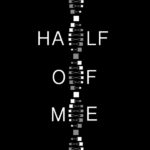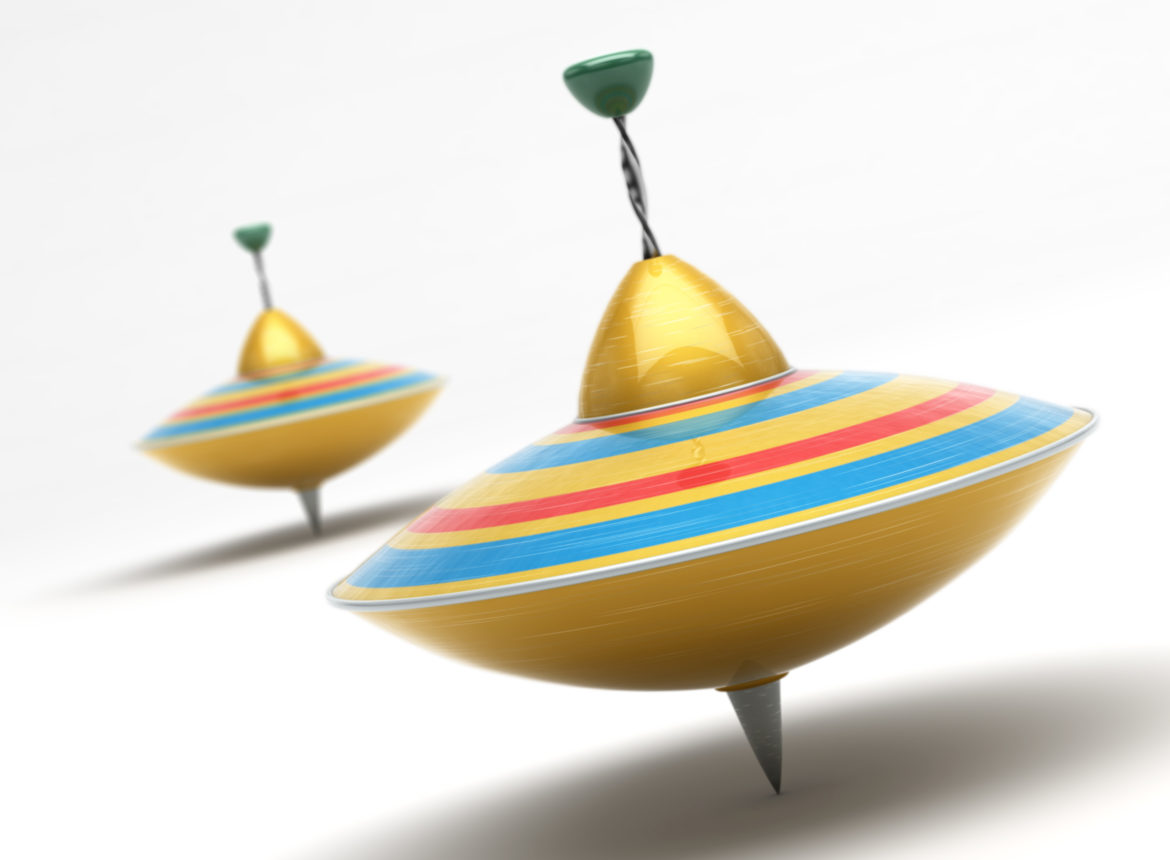Like a top starting to wobble after it's been spinning for a while, I'm running out of steam.
By Ally
I suppose my story begins once my parents realized having a baby wasn’t going to be as easy as everyone makes it out to be. Infertility is a weight on the soul, a burden that my parents carried for ten years while they tried to have me, or whatever version of me would have existed had they been able to use their own gametes.
Here I am now, my parent’s daughter, though not wholly. My parents resorted to using a sperm donor. The only people who knew about my genetic roots were my parents and the doctor who performed the artificial insemination. The burden of infertility transformed into the burden of a secret, one they kept for 28 years until an AncestryDNA test ratted them out. That’s the rub, I think, for many donor conceived adults who find out late in life they had been donor conceived. Why lie? Why keep a material fact about a child’s identity hidden from the world? I blame the infertility burden. I picture it as a force pressing down on my father’s lungs whenever he heard comments that my eyes looked just like his late father’s. I imagine it, too, as something that squeezed my mother’s jaw shut every time a pediatrician asked about family medical history.
If I had closed my eyes tight on the day my parents explained to me everything they knew and remembered about my conception, I might have been able to feel their burden roll off of their backs and onto mine. The weight of my new reality isn’t eased by the fact that I have since located 14 half-siblings and the man my parents used as a donor.
I feel it every time I go to a new doctor who asks about family medical history. It’s ironic that now—as my new doctors are gynecologists, fertility specialists, and genetic counselors—I, too, am shouldering the weight of living a childless life when I so desperately wish to be a parent.
I feel it when I grow tired of telling my story again and again. Like a top starting to wobble after it’s been spinning for a while, I’m running out of steam. “Yes, my parents used a sperm donor. Yes, I know who he is. Yes, I know my dad is still my dad. Yes, crazy, I agree.”
I really feel it when I look at my aunts, uncles and cousins who likely don’t know we aren’t genetically related. I know I could tell them—it’s my story to tell now—but there’s another burden: I want to be seen as my dad’s daughter, wholly and genetically. There are the questions they’ll ask, the relationships that will change, and the nagging feeling that maybe I don’t belong.
It’s an emotional burden, without question. There are days when I can’t help but say out loud “I wish I were my dad’s daughter.” There are days when I’m captivated by the gut-punch stories of other donor conceived adults, especially those who didn’t have the idyllic childhood I enjoyed.
My parents aren’t narcissists. They didn’t keep this secret from me to hurt me or as a way to bury their heads in the sand. I’m allowed to say that because I know who they are at their core. My parents have fiercely loved and protected me for 39 years (I’m 29 now, but I will add in the 10 years when they tried and tried to get pregnant). They have nurtured me, supported me, laughed and cried with me. I know how they love me, and thus I blame their secret-keeping on that massive burden of infertility grief and shame. They shouldered that weight so I wouldn’t have to. A part of me is really grateful for that. I enjoyed 28 years of white-picket-fence life without having to wonder about half of my DNA.
I don’t want to think about it in terms of it now being my turn to carry the burden of infertility and donor conception grief and shame, but I do think I’m in a place to chip away at that weight, to lessen it for myself and for my future children. In the seven months since I’ve found out, I’ve spoken to dozens of donor conceived adults about their truth and their stories. I’ve made real connections with intended and recipient parents, spoken with several counselors, and shared my story, semi-anonymously, with an audience of thousands. I talk to my parents about questions I have, both around my conception story and my newfound infertility issues. While I do still have some dark days, the trend is upward, lighter, and heading in the direction of a reality without the weight of a decades-old secret.
Ally, who hosts the Half of Me podcast about donor conception, is a 29-year-old teacher living in New Jersey with her husband. She’s located 14 half siblings. Find her on Instagram.


